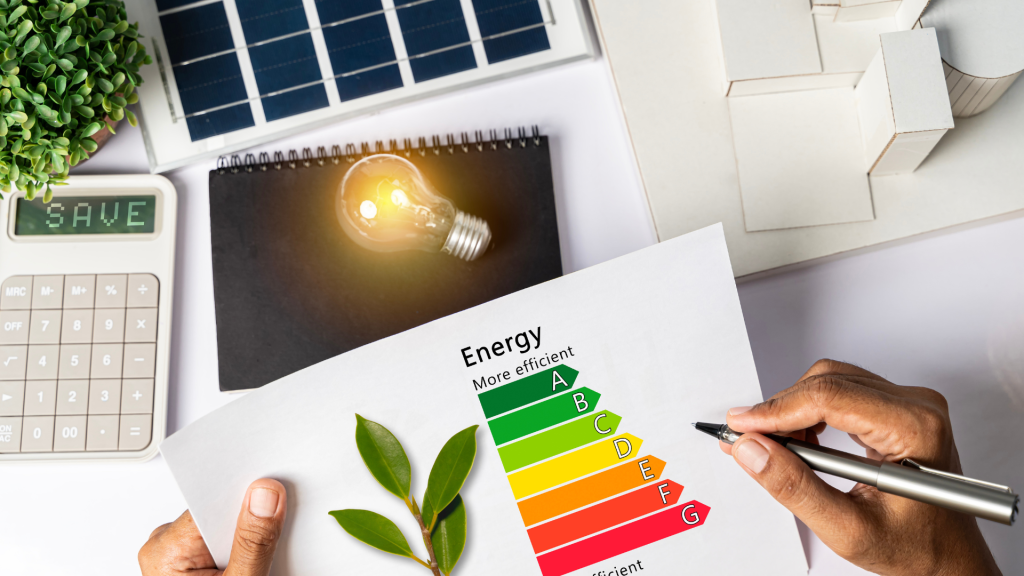Today, the term energy efficiency is on everyone’s lips, but do we really know what it means? Beyond fashion, it is a key tool for reducing energy consumption without compromising…
Today, the term energy efficiency is on everyone’s lips, but do we really know what it means? Beyond fashion, it is a key tool for reducing energy consumption without compromising the quality of products or services, benefiting both the environment and the business economy.
Energy efficiency has become a central issue for modern companies, not only as a strategy to reduce costs, but also as a commitment to sustainability and the environment. But what exactly does energy efficiency mean, and how can it benefit your organization?
What is energy efficiency?
Energy efficiency focuses on doing more with less: maximizing performance while reducing the use of energy resources without compromising quality or productivity. This not only lowers operating costs, but also reduces the environmental footprint, contributing to sustainability.
To achieve this, technologies, practices and strategies are implemented that minimize energy losses, optimize the use of resources and take advantage of renewable sources whenever possible. Such as ISO 50001, which establishes the requirements that an energy management system must have, in order to make continuous and systematic improvements to the energy performance of organizations.
Why is it important for your company?
Adopting energy efficiency measures can generate a significant transformation in your company. Here’s how:

Energy efficiency is not just a trend, but a necessity in today’s business environment and a purposeful business. Adopting strategies that optimize energy use can transform your business, making it more profitable, competitive and sustainable.
Investing in energy efficiency is investing in the future. Is your company ready to take the next step?
At ICDQ, we know that every organization has unique needs and goals. That’s why we have customized, and flexible certification solutions tailored to your specific requirements. Whether locally or globally, we are ready to support you every step of the way. Whatever your challenge, we count on you to overcome it together – tell us your needs and let’s get started today!